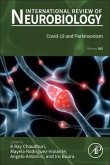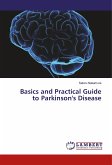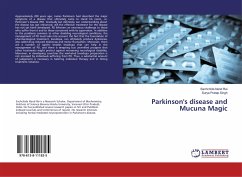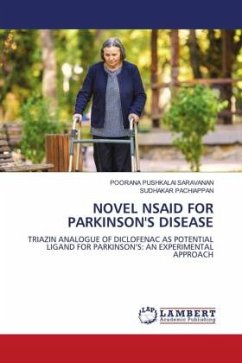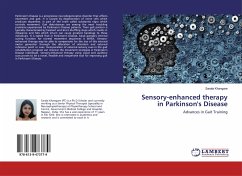Parkinson's Disease (PD) is the second most common neurodegenerative disease and affects more than 1.6-1.8% worldwide over the age of 65. Although the disease is clinically diagnosed by the emergence of motor dysfunctions, an increasing awareness of the complex and multifaceted nature of PD has emerged recently. Circadian and sleep disturbances are among the most debilitating non-motor symptoms and occur in virtually all PD patients. Despite this well established association, the neuropathophysiology of circadian and sleep symptoms in PD patients is not yet well understood. The studies described in this book aim at investigating the nature and the extend of circadian alterations in PD using both mice and non-human primate models of PD.
Bitte wählen Sie Ihr Anliegen aus.
Rechnungen
Retourenschein anfordern
Bestellstatus
Storno



